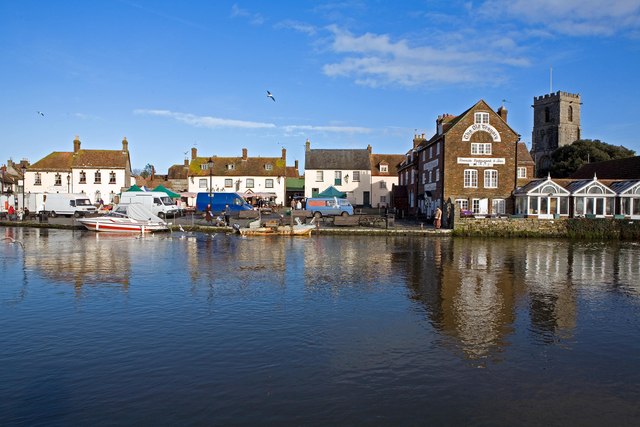This Guardian article by Isabella Kaminski was published July 17, 2021.
As more and more countries grant natural features or ecosystems legal personhood, the UK’s fight to pass nature rights laws is quietly gaining pace
The River Frome murmurs and babbles through the woods and fields of north Somerset. It is popular with anglers and wild swimmers but is often polluted with a cocktail of agricultural runoff, leading to frequent complaints from the public.
In 2018, Frome Town Council tried to pass a bylaw giving part of the river and the adjacent Rodden meadow the status of a person in law. This would establish their right to exist, flourish and thrive, and for the river to flow freely and have a natural water cycle, as well as ensuring timely and effective restoration if they were damaged. The council and a local charity, Friends of the River Frome, were to be made joint guardians of the river and meadow, tasked with balancing their interests with the health and safety of local people.
The bylaw was turned down in 2020, but the fight to give UK rivers rights continues today. On midsummer’s eve, members of Cambridge community group Friends of the Cam held a ceremony to establish the rights of their river based on the Earth Law Center’s Universal Declaration of River Rights. Sharing songs and stories about people’s individual connections with the river, they declared that the Cam had the right to flow, to be free from over-abstration and pollution and to host native biodiversity – and appointed themselves as its guardians.
“I think it’s great to keep this idea alive,” says Frome councillor Richard Ackroyd. “It’s possible, it’s not an airy fairy idea with no chance. It could be a reality and wouldn’t that change things?”
The idea of giving rights to nature has been around for years; laws giving natural features such as rivers and mountains, or ecosystems, legal personhood have been enacted around the world, from Ecuador to New Zealand, and have recently been subject to the first enforcement case in the US. But no such law has been passed in the UK.
Campaigners have tentatively explored rights for British rivers such as the Thames and the Findhorn in north-east Scotland, but efforts in Frome have been the most advanced.
Mumta Ito, a lawyer and founder of NGO Nature’s Rights who seeded the idea of the bylaw as a test case, says it would have set an important legal precedent. “Environmental law tackles the stuff that is illegal. The whole point of nature’s rights is to tackle all the stuff that destroys nature that is legal but not aligned with a regenerative culture. The real problem on the Frome is diffuse pollution, so if the river had been given rights how would agriculture need to change to respect those rights?”…
See the full article HERE.
Photo credit: “File:Wareham Saturday Market by River Frome – geograph.org.uk – 316307.jpg” by Simon Barnes is licensed under CC BY-SA 2.0 .

